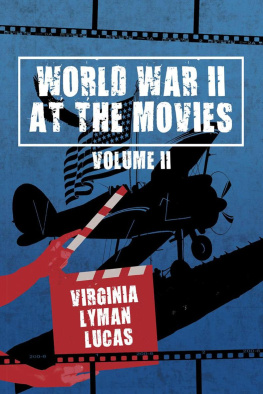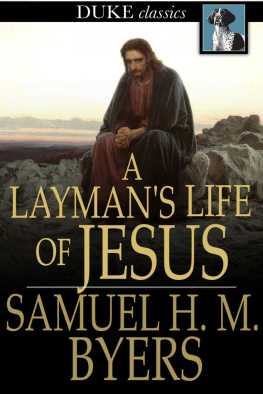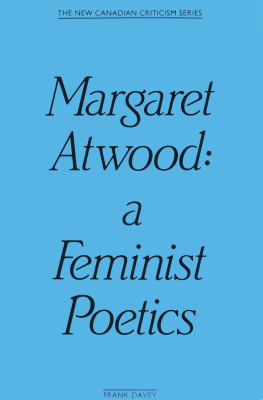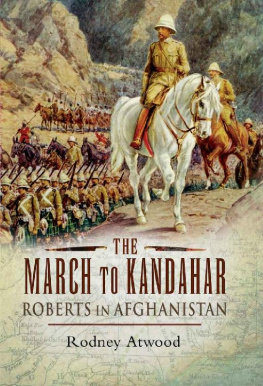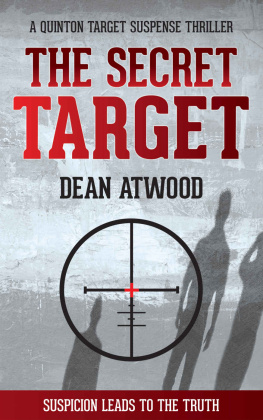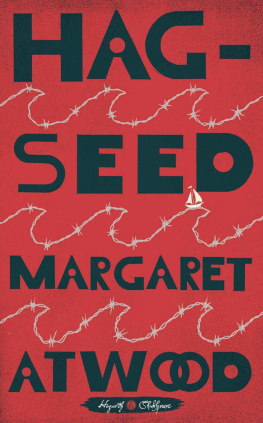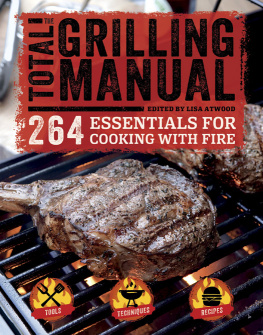Samuel Lyman Atwood Marshall (SLAM)
Men Against Fire
The Problem of Battle Command
Originally published in The Infantry Journal, Washington/New York 1947
To my old friends and comrades of the Historical Division, War Department Special Staff, and of the Historical Division, European Theater of Operations, because they combined a strong sense of duty with an eager and imaginative questing for knowledge.
S. L. A. Slam Marshall was a veteran of World War I and a combat historian during World War II. he startled the military and civilian world in 1947 by announcing that, in an average infantry company, no more than one in four soldiers actually fired their weapons while in contact with the enemy. His contention was based on interviews he conducted immediately after combat in both European and Pacific theaters of World War II.
To remedy the gunfire imbalance he proposed changes to infantry training designed to ensure that American soldiers in future wars brought more upon the enemy. His studies during the Korean War showed that the ratio of fire had more than doubled since World War II.
S. L. A. Marshall served in World War I and then embarked in a career in journalism. In World War II, he was chief combat historian in the Central Pacific (1943) and chief historian for the European Theater of Operations (1945). He is the author of World War I, Blitzkrieg, Armies on Wheels, The River and the Gauntlet, and Pork Chop Hill.
Author's note 1961
At Fort Benning, GA., the citadel of the infantry spirit in modern America, there is today a superior system for bringing infantry weapons under command control so that in the crisis of battle their response will be decisive. It is called Train Fire.
As a system, scientifically applied over the known distance ranges, so that riflemen and integral support weapons groups will acquire fire habits which will fortify them and keep unity of action steadfast when they face the enemy, Train Fire owes its origins formally to the Human Resources Research Office of the Army and to the imaginative tacticians who advise that body of scientists.
But its progenitors, in line tailmane as a cavalryman might say, are this book, that part of the U.S. infantry which together faced fire during the Korean War, 195053, and a little-known but greatly loved soldier of this country, Colonel Wayne Archer.
Archer should have been known as Mr. Infantry to the Army of World War II. He was an officer with broad vision, large sympathy and rare command capacity, though fortune being what it is, he never attained high rank. He originated the Infantry Combat Badge and inspired many other reforms designed to lift the prestige of the rifle line, though the Army has all but forgotten these things. In a very real sense, Men Against Fire, is Colonel Archer's book, and now that it is appearing in new dress, my greatest satisfaction is that at long last I may acknowledge my debt to him.
In the European Theater, 194445, he was chief of the Senior Observers Board. Most of the members were elderly colonels. They were supposed to determine by direct witness how our tactics and fire system worked and recommend change where needed. Most of them were too old for that; they were willing enough to face danger, but they had lost the knack of cultivating the confidence of young America, which is not overly communicative at best, and is least of all so when it undergoes trial by fire. My people, on the other hand, were also observers, of the same age group as the men of a rifle squad, and they had to work in the fire zone whether they liked it or not. C'est la guerre.
So very early in the ETO, Archer and I arrived at an ad hoc arrangement which had no blessing from higher authority. My people would develop the body of data, covering the organization of river crossings, the effectiveness of river crossings, methods of patrolling, etc., etc. This would be handed to Archer and his people would study it and arrive at the judgments for transmission to Ground Force, the War Department, et al.
We worked it that way until VE Day and it resulted in one of the most stimulating friendships of my lifetime. Inevitably, it threw Archer and me into as frequent and intimate association as our own tours of the front permitted. The maximum of my own time which administrative affairs permitted was spent forward with the infantry formations because I had discovered during my 10 months in Central Pacific operations that many of our assumptions about the human equation and group response under fire were radically wrong. To learn more about wherein and why we miscalculated seemed the most profitable way to spend my time.
The data which came of this prolonged personal research was my own and I made no attempt to cross-check or correlate it with the findings of my friends and colleagues in the Historical Division, ETO. There was a reason for this quite apart from the lack of time and the high pressure of duty. Each man judges performance according to some standard deriving from his own experience. But the impressions of others, and how they evaluate man against fire, are also either validated by a breadth of experience or colored by a lack of perspective. Where the armchair historian may pick and choose whatever fits into the making of a good story, the combat historian may be sure only of his own datum plane.
What I learned more or less on my own, I talked over at great length only with Wayne Archer, except for one evening when I discussed the factor of combat isolation with the Supreme Commander, General Dwight D. Eisenhower. Invariably, Archer listened carefully, asking hardly a question, and at the end he would say: Marshall, this is all new ground. We have suspected some of these things about infantry. But we have never known for sure. You have it pinned down. Now you must write it. For if you don't, it may never be said.
Our talks were always relaxing. The praise usually terminated an evening of drinking together. Whether the words made me feel better than the scotch is beyond saying. At first the latter was taken more seriously. Then there came an evening when Archer (the time was March, 1944) was extra mellow and extra serious. Just before we said good night he insisted that we solemnly shake hands while I promised out loud that I would begin writing the book on the day I started my terminal leave. He said: Unless you have a plan, you won't do it. Well, we got that over with, but when I awakened bright-eyed next morning, the promise was only dimly registered.
Separation came in May, 1956. I was at the Pentagon, anticipating a holiday in Florida. Archer was still in Europe. On that day there came to my office a messenger with a special delivery letter from him, the gist of which was: You promised me. Now do it! There was no choice but to comply and the writing of the book was how I celebrated my deliverance from things military.
I had anticipated that, provided the book had something important to say, the American people might gradually be won to its truths, and over 10 years or so, their good opinion would super-induce change in the Army toward needed reform. It was a naive expectation. There was practically no public response to the book. Civilian periodicals ignored it almost unanimously. But within less than six months, the United States Army, and other military systems abroad, had taken it up seriously, and such fortune as it has had, they made.
True, in the beginning, the most noteworthy reaction was that some of the older generals (especially those who had been division commanders) read it but to damn it. They felt compelled to believe that whatever it said about troops performing somewhat less than perfectly under fire, might hold true of some other commander's people, but never of their own. Of such loyalty as this great legends are made, but it is lee-wardly conducive to the smoothing of operations and the correcting of error. The grumbling hurt no one and after the grumblers had heard from some of their own battalion and company commanders, who being released from service, were ready to sound off immoderately about these same problems, they quickly lapsed into silence, as did certain of the service schools which initially objected that the criticisms were too radical.


